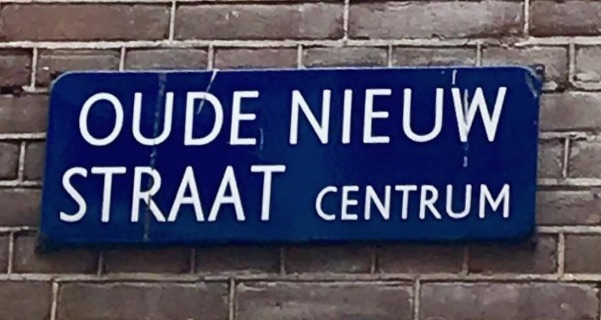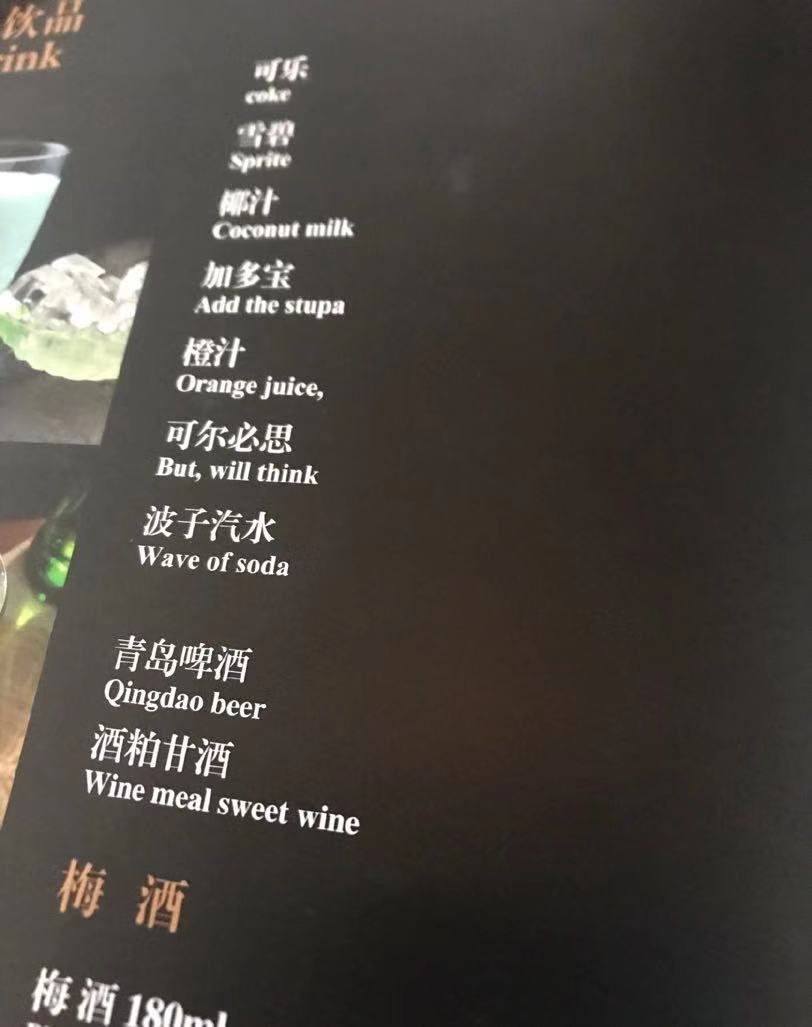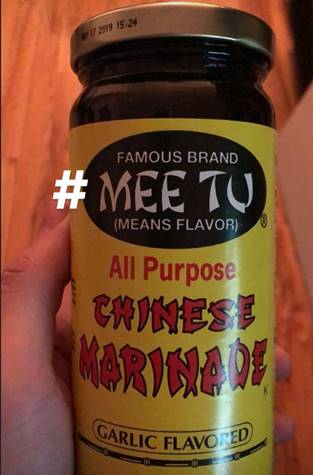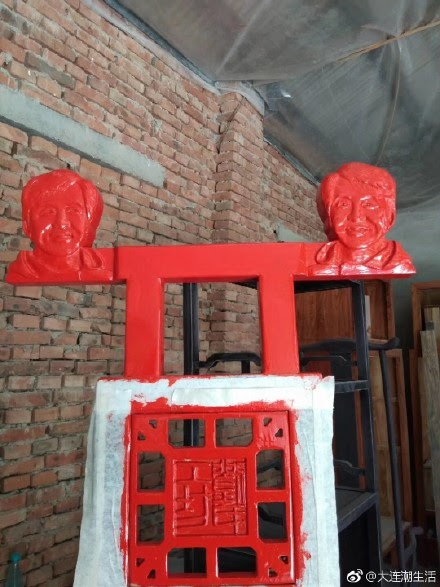Archive for Names
Let's have Mr. and Mrs. Smith for lunch
From Charles Belov:
While restaurant hunting in the East Bay, I happened upon these dishes with the intriguing English names of "Mr and Mrs Smith" and "Boiled Omasum with Chili Pepper." Omasum turns out to be an obscure name of a variety of tripe, but I'm puzzled as to how the Smith family made it into Chinese cuisine.
Read the rest of this entry »
English names for Chinese babies
I first heard about Beau Jessup (founder [2015] and CEO of Special Name) and her Chinese baby-naming business a couple of years ago. There was even a TEDx talk by her about it:
Read the rest of this entry »
The politics of "Maria" in Taiwan
During the last few days, there has been a huge furor over this sentence spoken publicly by the Mayor of Kaohsiung City, Han Kuo-yu (Daniel Han):
"Mǎlìyà yīxiàzi zuò wǒmen Yīngwén lǎoshī 瑪莉亞一下子做我們英文老師" ("Maria suddenly becomes our English teacher")
Newspaper articles describing the incident, which is now being referred to as the "'Mǎlìyà' shìjiàn「瑪麗亞」事件" ("'Maria' Affair"), may be found here (in Chinese, with video clip) and here (in English).
Mayor Han is notorious for his errant, flippant manner of speaking, but this instance — which he later claimed was a "joke" — quickly came back to haunt him. To understand why this is so, we need to take into account a number of factors.
Read the rest of this entry »
Copp & Cobb
I have a colleague at Penn who teaches medieval Arabic cultural history; his name is Paul Cobb. He used to teach at the University of Chicago.
I have a friend at the University of Chicago who teaches medieval Chinese cultural history; his name is Paul Copp. He received his PhD from nearby Princeton, which starts with a "P".
Boy, do I ever get them confused!
I mentioned this to Diana Shuheng Zhang, and she replied as follows:
Read the rest of this entry »
Mee Tu flavor
A tasty visual pun found on Facebook:
(originally posted by Wayne Hudson)
Read the rest of this entry »
Xina
Lately, since Xi Jinping made himself President for Life of the People's Republic of China, wags and wits have taken to calling the country over which he rules "Xina".
It turns out that this is the Catalan word for "China". Curious to know how Xina is pronounced in Catalan, I looked it up on Wiktionary:
- Balearic, Central /ˈʃi.nə/
- Valencian /ˈt͡ʃi.na/
Read the rest of this entry »
Speaking of Lou Dobbs…
The Mexican City of… WHAT?
😂😂😂😂 pic.twitter.com/CXmQR4wf3H— Laura Martínez © (@miblogestublog) October 25, 2018
X & X
Perhaps modeled on the rise of big brands like Abercrombie & Fitch, Crate & Barrel, etc. (though in our own history going back much further), but a bit different, in Asia, we have Nail & Nail, Lock & Lock, Bagel & Bagel, and so forth. Below are photographs of two shops in Asia with "X & X" names.
I should mention that the Chinese name of the first one is "rèlà shēnghuó 热辣生活" ("hot and spicy life").
Read the rest of this entry »
Japanese readings of Sinographic names
Eoin Cullen wrote in:
I recently learnt that although Taipei たいぺい is generally used as the Japanese reading for Taipei 台北, NHK still uses the colonial form Taihoku たいほく. Is this still true in 2018? Why would the national broadcaster persist in using an archaic term? To me, it seems it would be comparable to the BBC insisting on using the name Ceylon to refer to Sri Lanka.
I asked several colleagues who are specialists on Japanese what the significance of this usage might be.
Read the rest of this entry »
Reanalysis, Jackie Chan edition
Photograph of a high-backed chair that has gone viral on Chinese social media (as reported in this Taiwan newspaper):
Read the rest of this entry »
Fifth Third Bank
 Wikipedia explains that the Fifth Third Bank's name "is derived from the names of both of the bank's two predecessor companies: Third National Bank and Fifth National Bank, which merged in 1908". But despite the fact that "[t]he bank operates 1,154 branches and 2,469 automated teller machines in Ohio, Kentucky, Indiana, Michigan, Illinois, Florida, Tennessee, West Virginia, Georgia, and North Carolina", I've managed to travel extensively in those states without ever encountering the name, until this building presented itself to us on our way to dinner last night in Toledo OH. The name seems odd at first but I guess it's memorable as a result.
Wikipedia explains that the Fifth Third Bank's name "is derived from the names of both of the bank's two predecessor companies: Third National Bank and Fifth National Bank, which merged in 1908". But despite the fact that "[t]he bank operates 1,154 branches and 2,469 automated teller machines in Ohio, Kentucky, Indiana, Michigan, Illinois, Florida, Tennessee, West Virginia, Georgia, and North Carolina", I've managed to travel extensively in those states without ever encountering the name, until this building presented itself to us on our way to dinner last night in Toledo OH. The name seems odd at first but I guess it's memorable as a result.
Are there any other examples of names combining two ordinal numbers as the result of a merger, like the "Second Third Presbyterian Church"?





